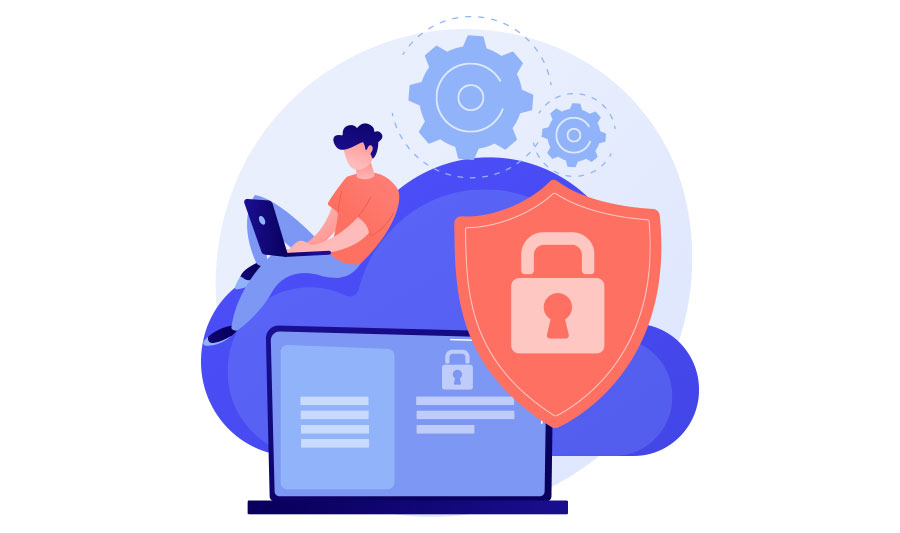Kids these days start accessing the Internet early in life. Now that they attend their school virtually and online tuition classes, their dependency on digital platforms has increased suddenly. It is important to make them aware of the risks involved in accessing the internet or the importance of cyber security. Ignite Pad shares a few tips that parents must consider to ensure cyber safety for their kids.
The Internet has its share of ‘cons’ too
Let your kids know that there can be people on the virtual platforms who can misuse the medium for their vested interests. Teach them to identify suspicious activities and seek help whenever they come across something fishy. Accessing the internet is good but only when one also knows about its negative impacts. While participating in online dance classes or online music classes, kids must be extra careful.
Personal details
Children must be told to not share their personal information or that of the family with a stranger, online. There may be scammers who may reach out to kids virtually demanding personal details for stealing. Kids must be discouraged from sharing any information like address, contact number, date of birth, or any other details that are unique to them or their family.
Phishing
Children must be made aware of the concept of phishing, wherein someone may ask them to click on a link. Doing the same may enable the person to steal data or carry out other notorious activities. Clicking on any URL and link must be avoided.
Password
All parents must tell their children to always choose a strong password that is difficult to crack or hack. The same password must not be used for multiple accounts. Chances are that if one gets hacked it will be easier for the hacker to get access to other accounts. Try to insert special characters amid the letters and numbers in the selected password. Password management programs can also be used to secure all passwords.
Social media accounts
Social media accounts are the most vulnerable platforms in terms of cyber snooping and theft. Ensure your kid does not chat with strangers or someone who has not been active for a long time. Posting personal details on social media platforms must also be avoided. Personal documents like tickets, passports or driving licenses, etc. should not be shared with anyone on social media platforms. Avoid posting inappropriate pictures too.
Verify sites before shopping
Check for the padlock next to the address of the website or the URL. If a website is running on HTTPS, it implies that it is a secured site and is safe to use. Do not encourage your kids to shop from any and every website.
Privacy settings
All apps and social media platforms have privacy setting options. Use them to regulate the information you would like to share with others. Do not allow websites to see your browsing history. It is one of the easiest ways for hackers to intercept. Your internet connection must also be secured with passwords.
Monitor your kid’s activity online
Do not just hand over your digital device to your kid for use. Keep monitoring your kid’s activity on it. Check the websites your kid is visiting or the games that they are playing. Always ensure that your kid visits reliable websites and uses games that are designed for children.
Also, Read:
Health and Fitness Tips for Your Kids


